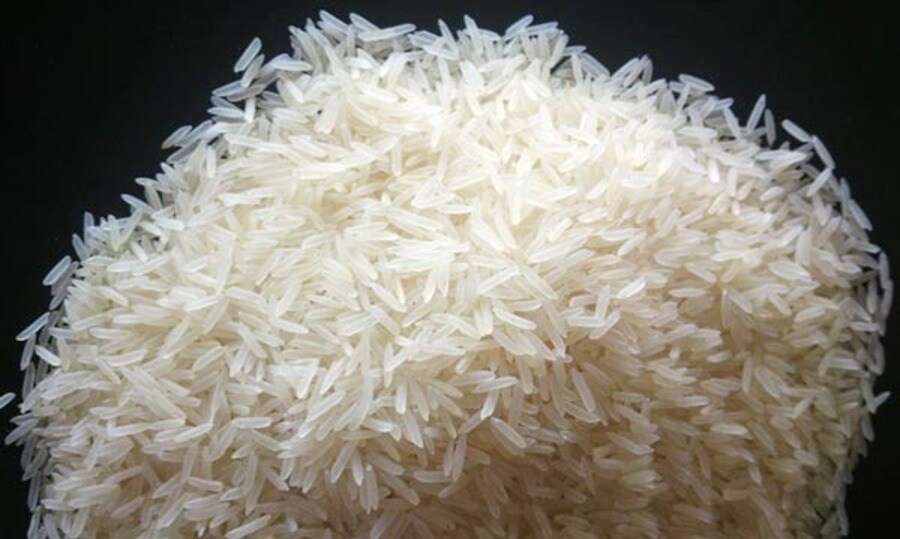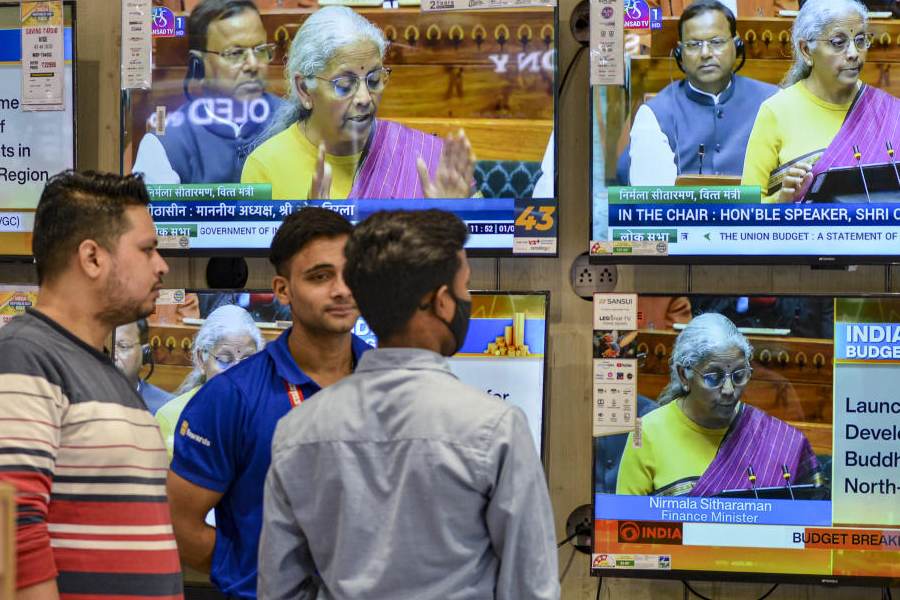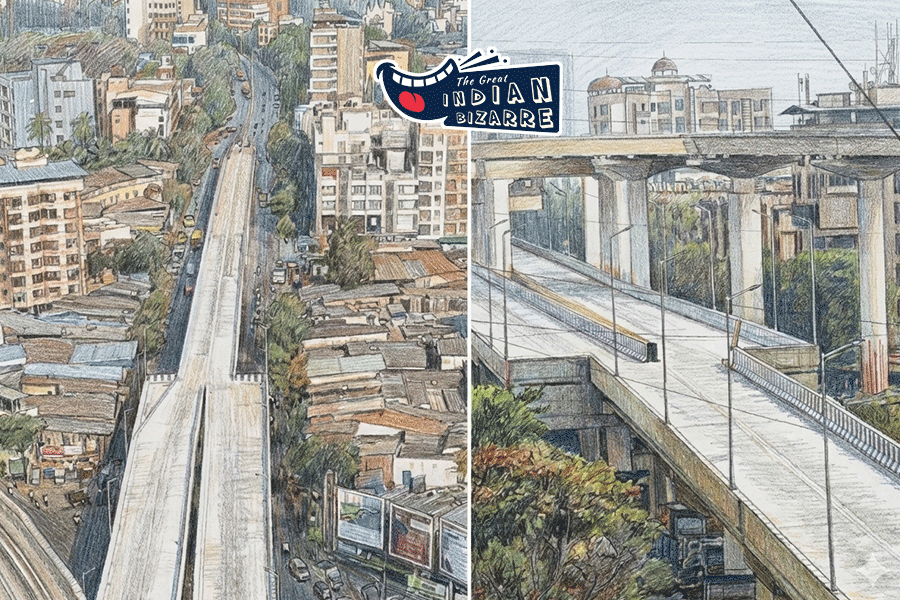After wheat, the Centre is mulling curbs on rice exports as the acreage under the crop this season has shrunk about 13 per cent over the previous year because of deficient rains in key rice-growing states — leading to a rise in the price of the foodgrain.
Analysts said the lower output could roil the global markets as India is one of the largest exporters of rice, adding to the wheat shortages because of the Ukraine war. With less rice to procure, there are implications not only for food inflation in the country but also on the sustenance of the Modi government’s welfare programmes, the analysts said. India is the world’s second-largest producer and top exporter of rice.
The country commands 40 per cent share in the global trade. Officials said the government is weighing up the option of some kind of restrictions on the shipments of rice.
After a bumper harvest of 129 million tonnes (mt) last year, paddy cultivation fell 13 per cent amid deficient rains this year causing prices to jump 20-30 per cent in the past two months.
“While there is still scope for delayed rice planting in the next fortnight, the risk is that this year’s rice output will be lower, due to lower acreage and yields. Early estimates point to a hit to rice output by 10mn tonnes or 7.5 per cent fall on an annual basis,” Sonal Varma of Nomura said.
She said the government has ample rice stocks, but lower wheat procurement had prompted higher allocation of rice under the free food grain scheme.
On the back of record output and high procurement in the last few years, the Centre is sitting on a stock of 47mt of rice (including rice equivalent of unmilled paddy) as on July 1 against the buffer norm of 13.5mt.
“Retail rice price inflation rose 9.3 per cent as of July, and we see risks of a further rise. Together with higher wheat prices (due to the heatwave), this means higher cereal price inflation could offset the disinflationary forces from lower global commodity prices. We expect headline inflation to remain sticky above 6 per cent until February 2023,” Varma said.
According to the agriculture ministry, the area covered under paddy stood at 309.79 lakh hectare on August 11 against 353.62 lakh hectares a year ago. Meanwhile, the government has issued export orders for 8.2 lakh tonne of additional sugar from August 1. Orders for another 2.2 lakh tonnes of the sweetener will be given later this week, according to a senior food ministry official.
Improvement in stocks because of higher production and weak sugar demand in the domestic market led the government to reconsider and allow 12 lakh tonnes of additional exports from August 1.
The Centre in early May replaced around 5.5mt of wheat with rice under the Pradhan Mantri Gareeb Kalyan Yojana. It later replaced another 6.1mt of wheat with rice under the National Food Security Act. It freed up around 11mt of wheat to manage stocks.
WPI eases
The wholesale price-index based inflation remained in double-digits for the 16th successive month even as it eased to 13.9 per cent in July from 15.2 a month earlier because of the softening of food and manufactured products prices. Inflation in food articles in July eased to 10.77 per cent from 14.39 per cent in June.
The rate of price rise in vegetables declined substantially to 18.25 per cent against 56.75 per cent in the previous month.
“Given both WPI and CPI inflation are still elevated, we think the RBI will wait untilQ4 to scale back the pace of its tightening. So we are still pencilling in a 50bp hike at the September MPC meeting,” Adam Hoyes, assistant economist, Capital Economics, said.
Milk prices raised
Leading milk suppliers Amuland Mother Dairy will increase prices by Rs 2 per litre with effect from Wednesday on account of rising input costs. This is the second hike by Amul and Mother Dairy in nearly six months. In the beginning of March, both had increased prices by Rs 2 per litre.











